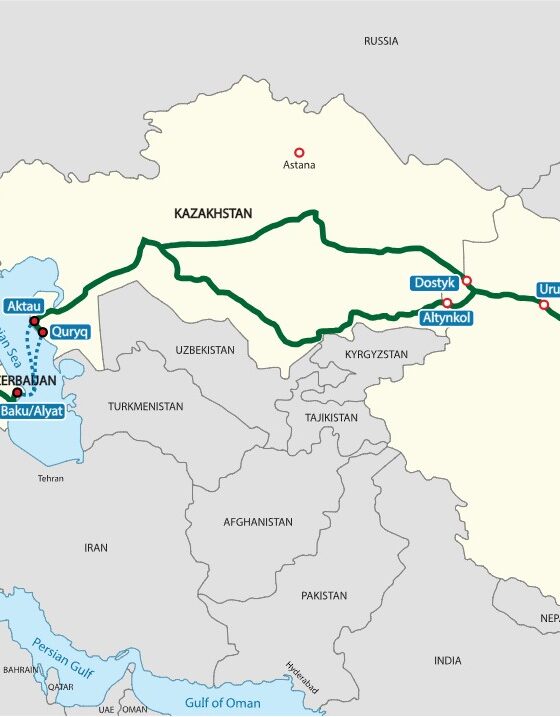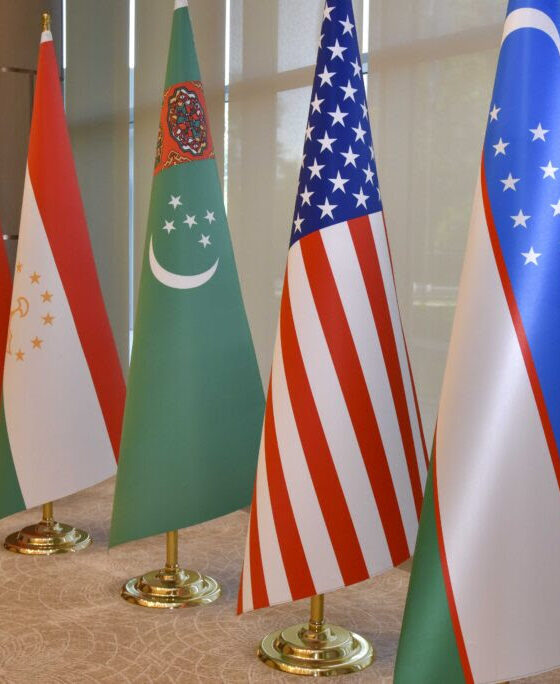Central Asia Policy Forum No. 6, March 2014
Featuring:
Ahmat Madeyev, Center for Public Policy, Bishkek
Vladimir Malakhov, Director, Center of Political Theory and Applied Political Science, Russian Presidential Academy of Economy and Public Administration
Vladimir Mukomel, Head of the Sociology Institute, Russian Academy of Sciences, Moscow
Saodat Olimova, Deputy Director, Research Center Sharq, Dushanbe
Labor migration to Russia provides work for about 5 million Uzbeks, Tajiks and Kyrgyz. Thanks to remittances this migration has become the backbone of their countries’ household economies. For all three countries, dependency on Russia has changed faces and migration is now a key element of the portfolio of bilateral relations with Moscow. Migration can be used either as a soft-power tool to promote Russia’s language, its culture and worldview, or as a hard-power one for the negotiation of geopolitical allegiance to the former center. But Russia’s own policy toward migration is mixed, especially as the authorities are attempting both to respond to the rise of xenophobia and to supply the economy with cheap workforce. In these conditions, what are the key ambiguities of Russia’s migration policy and how can a more effective policy be framed?













